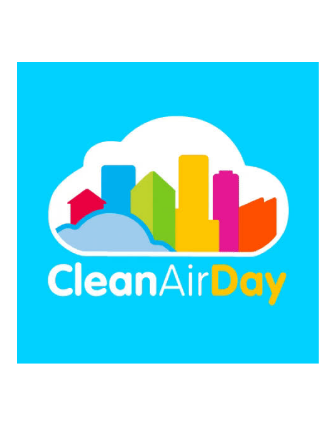
Clean Air Day 2020: how we use science to tackle air pollution
Air-Pollution


Air-Pollution
Today is Clean Air Day 2020 and at IOM we support and recognise this UK wide campaign because it improves public understanding of air pollution, builds awareness of the affects on health and promotes the easy actions we can take to prevent air pollution.
Air pollution is a major global environmental issue. Here at IOM, we are using expert scientific knowledge to establish ways to reduce the exposures to air pollution for all global citizens.
Every year, air pollution causes up to 36,000 deaths in the UK. The World Health Organisation and the UK Government recognise that air pollution is the largest environmental health risk we face today. Poor air quality causes heart and lung diseases, is linked to low birth weight and children’s lung development and may even contribute to mental health issues.

Our scientist’s design interventions to reduce air pollution exposure and this requires a careful understanding of the sources of pollution, where, and how, people encounter pollution in their everyday lives.
Using health impact assessments, personal and area exposure monitoring, exposure modelling, and epidemiological studies we can help governments, businesses and citizens be aware of and reduce the effects of air pollution.
We have been a leader in health impact assessment (HIA) for air pollution for over 20 years, both within the UK and internationally. Pollution levels in many South-East Asian countries are higher than are typically found in the UK and other European countries our project TAPHIA will inform government, industry and other stakeholders in Thailand of the health impact from indoor and outdoor pollutants.
We also lead studies on evaluating the factors that determine people’s personal level exposures to air pollution and how these exposures may impact the body.
Even small reductions in air pollution could help us to avoid new cases of disease.
Here are 3 easy actions to take:
The team at Global Action Plan have created an Air Pollution Calculator where you can work out your own individual contribution to air pollution in the UK. Take part here.
Today on Clean Air Day we recommend, you visit the Clean Air Hub, which has brought together information on what air pollution is, how it affects your health and what actions you can take to protect yourself and others.
For those of you in Scotland, where IOM’s head office is located, Environment Protection Scotland, in partnership with Global Action Plan, also provides more information: https://www.cleanairday.org.uk/scotland